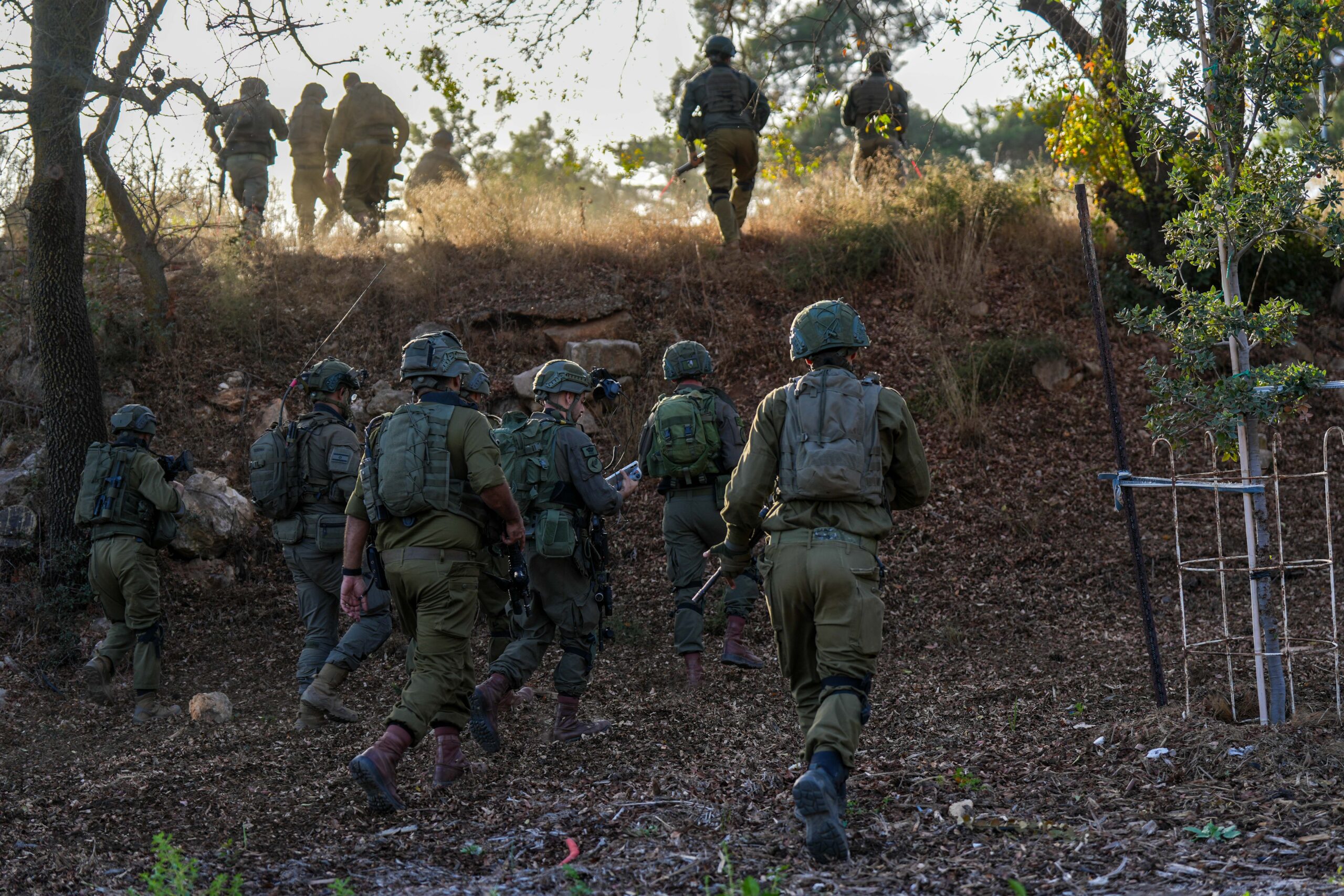After nearly a year of intense fighting along Israel’s northern border, the fragile calm established by a U.S.- and French-brokered ceasefire in November appears to be unraveling. Israeli defense officials warn that Hezbollah is rebuilding its military infrastructure in southern Lebanon and preparing for what intelligence sources are calling a “future war.”
In recent weeks, the Israel Defense Forces (IDF) have stepped up airstrikes deep inside Lebanon, targeting senior Hezbollah operatives and weapons depots. On Sunday, Israeli aircraft struck two key figures: Ali Hussein al-Mousawi, a weapons smuggler linked to Iran’s Revolutionary Guards, was killed in the Beqaa Valley, and Abd Mahmoud al-Sayed, a Hezbollah representative in the Naqoura area, was eliminated in a separate strike. Both were reportedly central to Hezbollah’s efforts to rearm and reestablish its military capabilities following the devastating losses the group suffered during last year’s conflict.
Israeli officials say the operations are part of a broader strategy to prevent Hezbollah from rebuilding its arsenal in violation of the ceasefire terms. “Hezbollah suffered heavy blows,” a senior intelligence source told Walla News, “but it also had successes, including the drone attack that struck the Prime Minister’s home in Caesarea. The organization has learned from its mistakes and is now trying to leverage those lessons.”
The current escalation follows an uneasy lull that began after Israel’s campaign against Hezbollah in 2023–2024, which was sparked by the terror group’s decision to open a northern front in support of Hamas following the October 7 massacres. For nearly a year, Hezbollah launched daily rocket, missile, and drone attacks on northern Israel, displacing tens of thousands of residents and crippling entire communities. Israel’s counterstrikes culminated in the assassination of Hezbollah’s longtime leader Hassan Nasrallah and a covert Mossad operation that detonated thousands of Hezbollah communication beepers, injuring or killing scores of operatives.
Despite those blows, Hezbollah has refused to disarm. In a televised address on Sunday, Nasrallah’s successor, Naim Qassem, defiantly rejected demands by the Lebanese government and Western mediators to dismantle the group’s military wing. “Possessing weapons is an inseparable part of our legitimate right to defend our homeland,” Qassem declared on the Hezbollah-affiliated Al-Manar TV. “Resistance is a legitimate right.”
His comments directly contradicted the commitments made by Beirut under the 2024 ceasefire deal, which required the disarmament of all paramilitary groups in Lebanon. “The Lebanese state decides how it wants to operate internally,” Qassem continued. “Israel has nothing to do with this.”
U.S. officials have expressed growing concern that Hezbollah’s stance could trigger a new round of fighting. Ambassador Tom Barrack, the American envoy for Syria and Lebanon, warned last week that the group’s refusal to comply with the disarmament agreement “makes renewed hostilities increasingly likely.”
The IDF’s Northern Command has not waited for the first shot to be fired. Eleven months after the ceasefire took effect, the military reports that roughly 330 Hezbollah operatives have been killed in precision strikes. The army also completed its largest division-level exercise since the start of the 2023 war, simulating coordinated ground, air, and sea operations along the Lebanese front.
Hezbollah, for its part, appears to be testing Israel’s resolve. In his latest remarks, Qassem acknowledged the possibility of war but framed it as conditional. “The possibility of war exists, but it is not certain,” he said. “We are ready for defense.”
Security analysts in Israel caution that Hezbollah may be seeking to provoke limited clashes rather than a full-scale war. Arab affairs analyst Zvi Yehezkeli told i24NEWS that while Hezbollah is rearming, it remains wary of an all-out confrontation. “Israel achieved about 80% of its objectives in the last campaign,” he said. “The remaining 20% shows what happens when you don’t finish the job. Hezbollah will test the limits, but they know another war could devastate them.”





